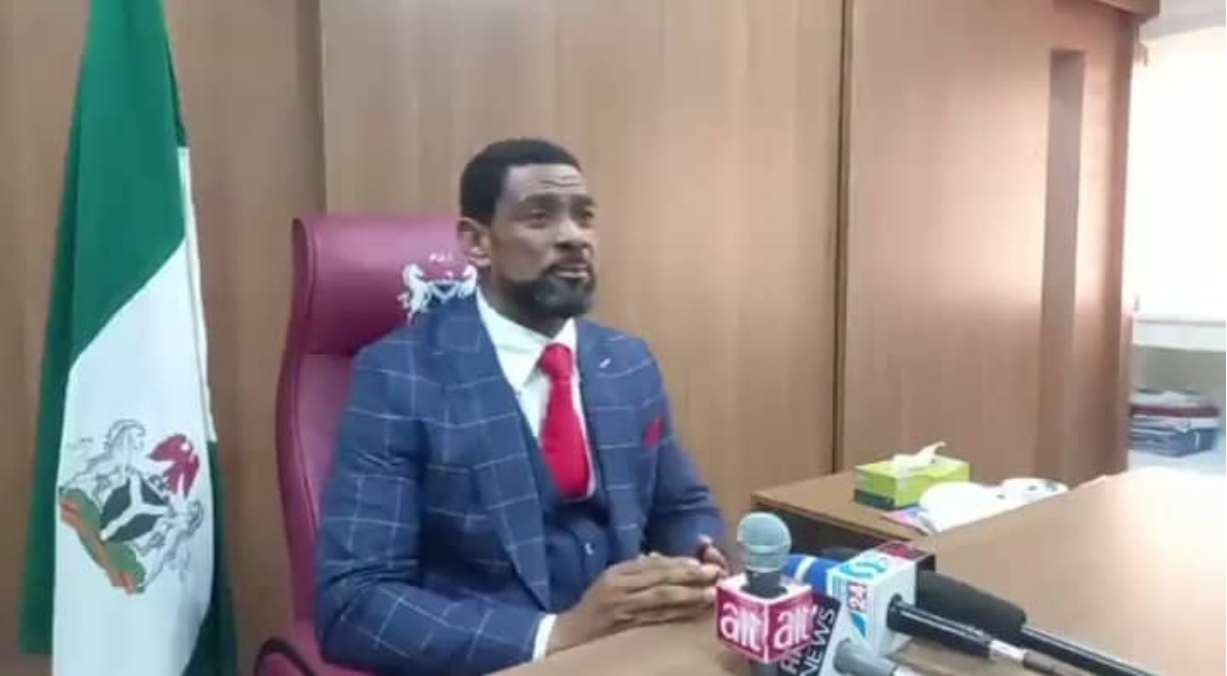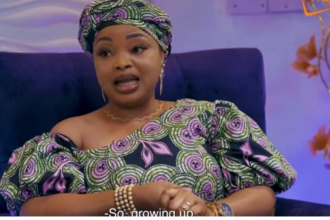Following the defection of four lawmakers—three from the Peoples Democratic Party (PDP) and one from the Labour Party—to the All Progressives Congress (APC), the APC now holds a majority with 13 out of 24 seats in the Assembly. This shift has led to significant changes in the Assembly’s leadership structure. Notably, Hon. Charity Aiguobarueghian and Hon. Natasha Osawaru Irobosa, both from the PDP, were removed from their positions as majority and deputy majority leaders, respectively. In their place, APC members have been appointed to key leadership roles, including Hon. Jonathan Aigbokhan as the new majority leader.
Despite these changes, Hon. Blessing Agbebaku of the PDP remains the Speaker of the House. However, there are growing calls for his removal. A group known as Edo North Conscience (ENC) has publicly demanded his resignation, arguing that the Speaker should align with the new majority party. The ENC contends that Agbebaku’s continued leadership is inconsistent with the current political composition of the Assembly.
In response to these developments, Speaker Agbebaku has acknowledged the APC’s new majority status and indicated that the PDP will submit a list of nominees for the remaining principal offices. He also mentioned that his position and that of the Deputy Speaker may be subject to review
This situation underscores the dynamic nature of political alliances and power structures within the Edo State House of Assembly.






